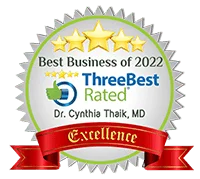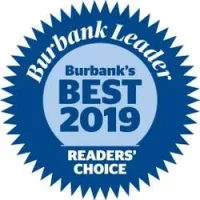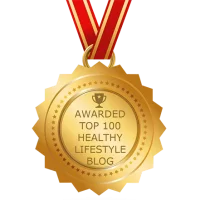Home » Hypertension 101
Hypertension 101
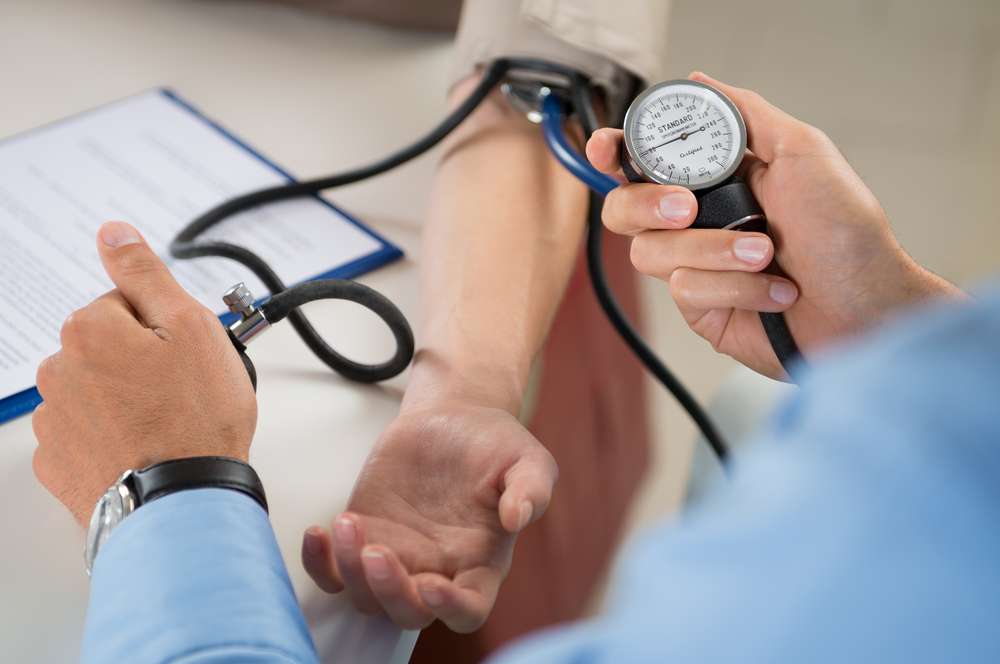
Hypertension is one of the most prevalent cardiovascular conditions in the United States today. Uncontrolled hypertension increases your risk of heart failure, strokes, and dementia, even vision loss. Dr. Cynthia and the Holistic Healing Heart Center are here to provide our community with the information they need on the prevention, detection, natural remedies for hypertension, natural treatment for high blood pressure, and evaluation of hypertension. Monitor your high blood pressure from home with our hypertension remote patient monitoring service. Discover safe, natural remedies for hypertension! Find out how to lower blood pressure with diet, exercise, and stress reduction techniques by the best holistic doctor for high blood pressure.
What is Hypertension?
Hypertension, also known as high blood pressure, is a condition in which the blood is pumped at a pressure that can damage the walls of a patient’s blood vessels and cause other complications. Blood pressure is measured by two numbers: systolic blood pressure and diastolic blood pressure. The first number, your systolic pressure, measures the amount of force that your heart exerts on your artery walls with each heartbeat. The second number, your diastolic pressure, measures the force your heart exerts on your artery walls between heartbeats. Explore natural high blood pressure remedies! Dive into holistic treatments that manage hypertension effectively. Improve health naturally!
In general, blood pressure that is 130/80 is defined as high, and 180/120 is defined as severely high blood pressure. While the standard blood pressure test is easy to administer, even on oneself, diagnosis can be tricky and a single test that comes in under the defined numbers does not mean you are completely in the clear. Manage your high blood pressure at home with ease. Discover how hypertension remote patient monitoring can help you lead a healthier life.
There are two types of hypertension: primary (or essential) hypertension, and secondary hypertension. Primary hypertension is the most common variety. It develops gradually over many years, and there is no single identifiable cause. Secondary hypertension can be caused by an underlying health condition or medication. It appears suddenly and causes higher blood pressure than primary hypertension. Kidney disease, thyroid problems, congenital blood vessel issues, adrenal gland tumors, obstructive sleep apnea, or use of birth control pills, decongestants, over-the-counter pain medications, cold remedies, or some recreational or prescription drugs can all trigger secondary hypertension.
The diagnosis of hypertension can be elusive since blood pressure is not a static number, but rather cyclical with peaks and valleys. Blood pressure tends to be low in a home setting, especially when patients try to relax before taking their blood pressure. That is the wrong approach. The goal should be to find the peaks and to check a patient’s blood pressure in the most stressful situations. We want to know our blood vessels have enough compliance and that our autonomic nervous system can regulate to adjust for the stressful situation.
Patients are often under the mistaken belief that blood pressure needs to be elevated all the time to be significant. However, that is not the case. For example, a body builder is not in the gym 24/7. They only need to lift weight or run for an hour a day, 5 days a week to develop definition, tone and thickening of their biceps and calves. By the same analogy a patient’s blood pressure only needs to be elevated for an hour or two a day, for it to cause structural changes or damage to the heart, kidneys, brain and other organs. This means that it can be difficult to determine if a patient has hypertension or not, based solely on self monitoring. Dr. Thaik has special diagnostic tools (including ICG, EKG, echocardiogram, and small vessel testing) that will pick up early signs of elevated blood pressure and natural treatment for high blood pressure. So if you suspect that you might have high blood pressure or have a family history of high blood pressure, you should seek an evaluation. She is the best holistic doctor for high blood pressure in Burbank and Los Angels USA.
Who Is Most At-Risk for Hypertension?
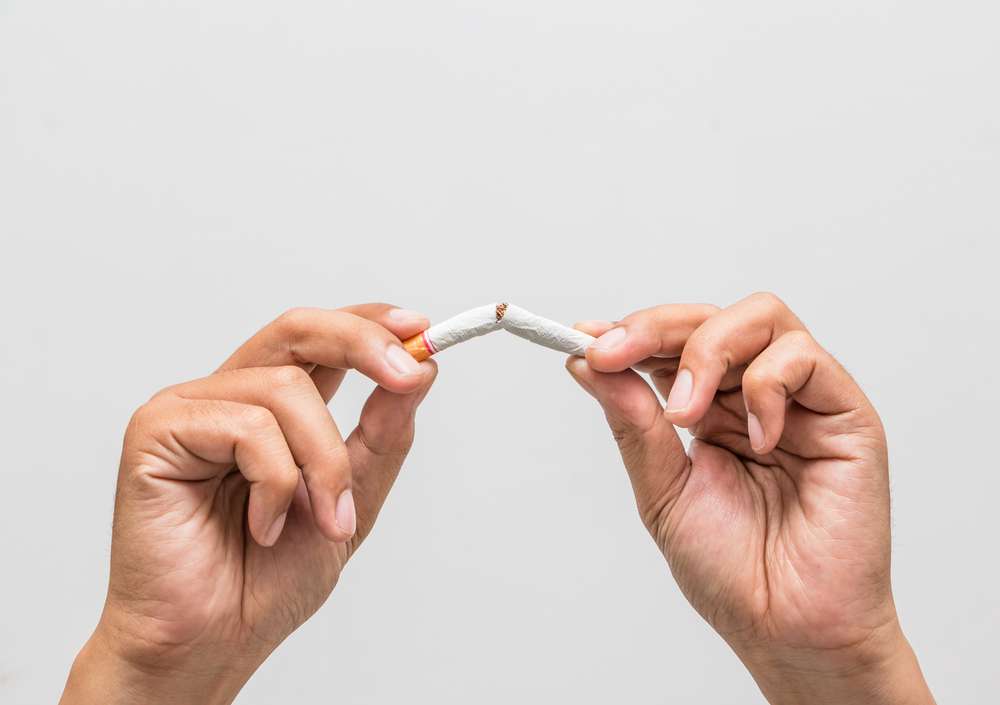
There are multiple groups that researchers have found to be at greater risk of hypertension.
- Families with a history of hypertension: high blood pressure is unfortunately one of those conditions that tends to run in families. Get natural remedies for hypertension in Burbank Now.
- Age: high blood pressure becomes a greater risk as you grow older, though men are more susceptible than women before the age of 65. Fine natural ways to cure hypertension in Burbank, Los Angels, USA.
- Race: hypertension is particularly common among people of African heritage, developing at an earlier age and often leading to more serious complications, such as stroke, kidney failure, and even heart attack.
- Physical inactivity: a lack of physical activity means that an individual is more likely to have a higher resting heart rate. With a higher heart rate, the heart will be working harder to pump blood around the body, creating more force on the arteries. Get holistic high blood pressure treatment now.
- Weight: a patient’s weight influences their likelihood to have hypertension. Overweight or obese people need more blood to supply their tissues with oxygen and nutrients, meaning that their blood flow will be more forceful, as will the pressure on their artery walls.
- Tobacco: using tobacco temporarily spikes a user’s blood pressure. The chemicals in tobacco also harm the artery wall lining which can cause arteries to narrow and increase the risk of heart disease. Secondhand smoke also increases this risk. Use remote blood pressure monitoring devices to check turmeric blood pressure.
- Overconsumption of salt: too much sodium in an individual’s diet can lead to fluid retention, increasing blood pressure.
- Underconsumption of potassium: one of the purposes of potassium in the body is balancing sodium levels.
- Overconsumption of alcohol: heavy drinking over time can damage a drinker’s heart. For those who partake, drinking in moderation is advised (24 ounces of beer, 10 ounces of wine, or 3 ounces of 80-proof liquor for men, and half as much for women).
- Stress: stress levels can spike blood pressure temporarily, and habits used as stress mitigation tactics (such as tobacco or alcohol) may compound these effects.
Hypertension: The Silent Killer
Hypertension is widely known to be a silent killer: meaning that it does not have visible symptoms and so can escape detection without testing. One in three Americans has high blood pressure. Many are unaware, and many more don’t have their condition under control. In 2019 the CDC attributed over 500,000 American deaths to hypertension as a primary or contributing source: that’s almost 1 in 5 of the approximately 2.85 million deaths in the United States that year. Hypertension is widely diagnosed in the US: the prevailing diet and sedentary lifestyle common among many Americans lends itself to the proliferation of cardiovascular conditions such as high blood pressure. Nearly half of all Americans have hypertension. However, that is no reason to shrug off a diagnosis. Unchecked high blood pressure is deadly and can lead to many other health problems. Check postural orthostatic tachycardia syndrome blood pressure by remote blood pressure monitoring device.
Pharmacologic Management of High Blood Pressure
While the consequences of untreated, unmanaged high blood pressure can be severe, there are plenty of ways that patients with hypertension can lower their risk factors with medication. There are multiple types of medication that all have different effects and means of contributing to lower blood pressure.
- Diuretics: these drugs aid the body in flushing out excess sodium and water. They are often used in concert with other prescription therapies.
- Beta-blockers: these drugs reduce the heart rate and how hard the heart works, incidentally reducing blood pressure.
- ACE inhibitors: ACE, angiotensin-converting enzyme, makes arteries narrower, particularly in the kidneys. These drugs make the body produce less angiotensin, which keeps blood vessels relaxed and more open.
- Angiotensin II receptor blockers: these drugs nullify the vasoconstrictive effects of angiotensin by blocking the receptors that it binds with in order to constrict blood vessels.
- Calcium channel blockers: these drugs stop calcium entering cells in the heart and arteries, meaning that the heart does not contract as forcefully. Blood vessels open up more, reducing heart rate and lowering blood pressure.
- Alpha-blockers: these drugs relax muscle tone in the vascular walls of your arteries by reducing their resistance.
- Alpha-2 receptor agonists: these drugs reduce blood pressure by decreasing the sympathetic portion of the involuntary nervous system’s activity.
- Combined alpha and beta-blockers: these drugs are used as IV drips for patients in hypertensive crisis. If outpatients are at risk of heart failure, they may be prescribed for high blood pressure use.
- Central agonists: these drugs are another means of decreasing blood vessels’ ability to tense up or contract.
- Peripheral adrenergic inhibitors: these drugs reduce blood pressure by blocking neurotransmitters in the brain.
- Vasodilators: also known as blood vessel dilators, these drugs make the muscle in the walls of the blood vessels relax so that the vessels dilate, allowing blood to flow through more easily.
All of these medications can have substantial side-effects, however. Diuretics can cause gout and impotence. Use of beta-blockers may result in insomnia or depression. Many of these medications can cause dizziness. That’s one of the reasons why it’s best to treat high blood pressure not only with medication but with a holistic medical approach that prioritizes long-term health benefits instead of putting out a fire.

Non-Pharmacologic Options for Hypertension
The Holistic Healing Heart Center offers many treatment options for people seeking to manage their high blood pressure without the use of drugs, or to support a drug-centered approach. While pharmaceuticals can manage symptoms of hypertension, they cannot reverse it unless the conditions that created the situation in the first place are also changed. This is not always possible, but there are usually lifestyle elements that can be adapted.
As well as taking reasonable steps to avoid being in any of the preventable at-risk groups mentioned earlier (reducing salt and alcohol intake, ending tobacco use, consuming more potassium, exercising more frequently), there are also herbs and spices with medicinal effects beneficial to those trying to reduce their high blood pressure.
- Garlic: fresh garlic has significant cardiovascular benefit, as it contains allicin, a substance that causes blood vessels to relax and dilate. It is also antibacterial and antioxidant.
- Cardamom: this spice popular in South Asia has been found by a study to contribute to significant reductions in blood pressure.
- Curcumin: this substance is a major element of the colorful turmeric spice, another popular South Asian ingredient. It is known to have many useful medicinal properties, though should be avoided by those with gallbladder conditions, gallstones, or kidney stones. It can reduce high blood pressure, and is also used as an anti-inflammatory.
- Ginger: this highly versatile spice is known to improve blood circulation and relax muscles around blood vessels. Fresh ginger is highly beneficial, though powdered ginger can also contribute to good cardiovascular health.
- Cinnamon: with as little as a quarter of a teaspoon a day, cinnamon can prevent heart disease and treat diabetes. It is easy to incorporate into hundreds of recipes.
- Black pepper: this kitchen staple has a great deal of health benefits, but is relevant to cardiovascular health due to its vanadium content. This element promotes thickened heart muscles when the heart is under stress from elevated blood pressure. It also promotes the recovery of cardiac function after heart attacks.
- Cayenne pepper: this spice’s key compound is capsaicin, which creates the sensation of heat where it’s applied. This has beneficial effects on circulation, reducing blood pressure and improving general cardiovascular health.
If you are one of the more than 45% of Americans with heart health concerns, or you are concerned that you may be in a susceptible demographic, talk to your doctor today about the risks of high blood pressure. Dr. Cynthia and the medical professionals at the Holistic Healing Heart Center are ready to help. Book your appointment to discuss hypertension prevention or treatment today.

